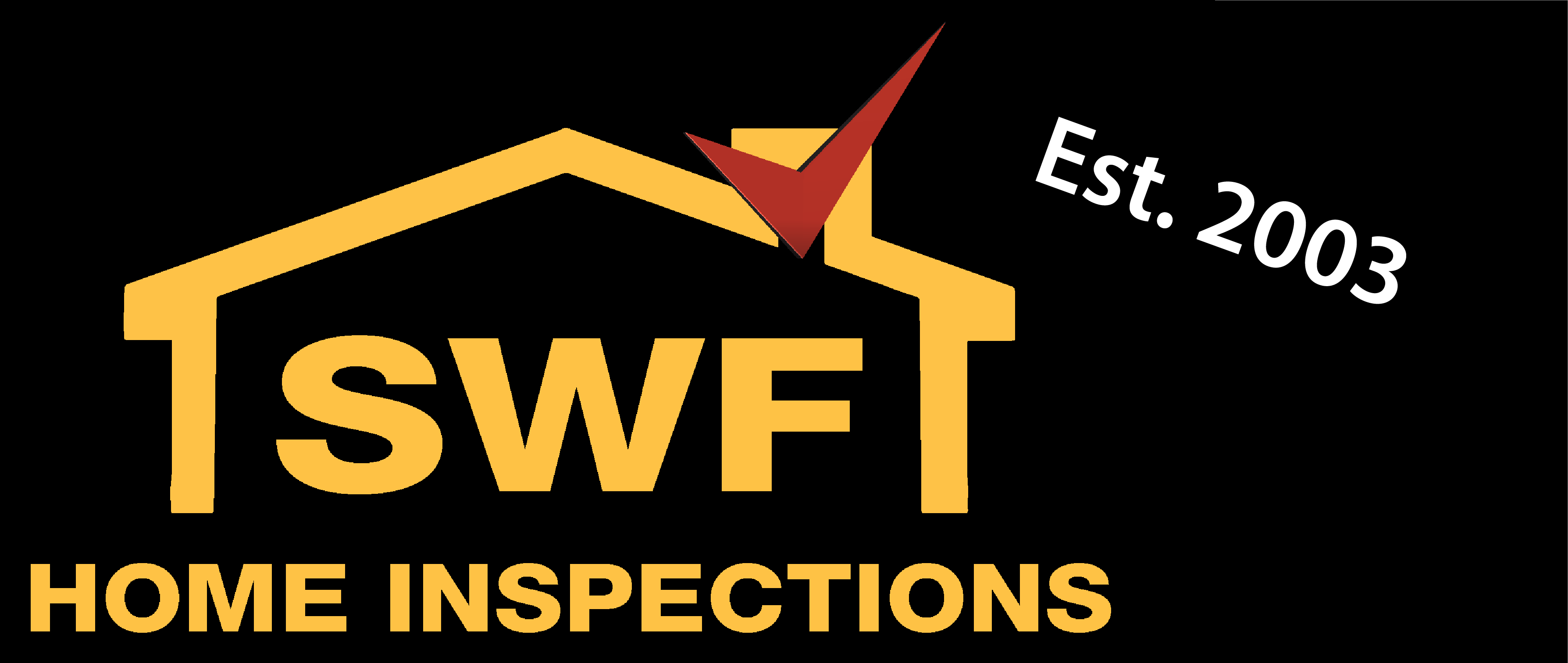Southwest Florida Residential Environmental Inspections
It seems that we hear a lot about environmental concerns these days. Much of it is simply the result of a greater awareness than in the past. And even though there isn’t anything to be concerned with in most homes, there are still a number of potential home environmental issues that buyers should be aware of.
Water quality is probably the most common concern and the one most often tested for. Typically, a basic water quality test will check pH, water hardness, the presence of fluoride, sodium, iron and manganese, plus bacteria such as E-coli. Additionally, water may be tested for the presence of lead or arsenic.
In homes built before 1978, lead based paint may be present. Generally, if the lead based paint is in good condition, not cracking or peeling, it is not a hazard. If the condition is hazardous, the paint will either need to be removed or sealed in such a manner as to eliminate the hazard.
Another common environmental concern with the home is radon. Radon is a radioactive gas that comes from the natural decay of uranium in the soil. Pretty much all homes have some radon present, tests can determine if the level present is higher than what is considered safe. If the level is too high, a radon reduction system will need to be installed.
In older homes built more than 30 years ago, asbestos was used in many types of insulation and other building materials. If the asbestos is releasing fibers into the air, it needs to be removed or repaired by a professional contractor specializing in asbestos cleanup. But, if the asbestos material is in good repair, and not releasing fibers, it poses no hazard and can be left alone.
Do not price shop. When hiring a home inspector, you’re basically hiring an advocate with your interests in mind to give you their expert opinion on the home’s condition. With that in mind, making sure that you’re hiring an inspector with plenty of knowledge and training means not shopping for one by price alone. Training, certifications, and continuing education don’t come cheap to the inspectors and therefore, their expertise isn’t going to be cheap either. When it comes to home inspections – as with most things – you get what you pay for.
Research their credentials. Since there are no national standards for home inspectors, one of the best things you can do to find out about an inspector’s qualifications is to ask what associations they belong to. Some associations require minimum training, experience, continuing education and also require the inspector pass certain exams. However, not all associations are created equal. Check out the associations’ minimum requirements. The best associations require that the inspector pass yearly exams and obtain a specific amount of continuing education credits. Also find out what level of the association the inspector occupies. Some associations have “candidate” and “associate” or other levels that basically mean that the inspector has not met the requirements to be a full member. Also ask what certifications the inspector holds and then research them as well.
Ask for references. An inspector should be happy to provide you with three references from previous clients. Call those clients and ask them about their experience with their inspections.
Make sure they’re insured. A professional inspector should be insured for “errors and omissions”, commonly called E&O insurance. This means that if the inspector misses something during the inspection, you can file a claim against that insurance for the repairs of the problem. Also, check the inspector’s contract for limited liability clauses that limit their responsibility for damages.
Make your own decision. Some states allow real estate agents and other professionals to make recommendations on what home inspector to hire. Besides the obvious conflict of interest issues, a recommendation does not necessarily guarantee that the inspector is the best choice. Make your own decision based on your research.
Ask to see one of their inspection reports. At the conclusion of any inspection, you should receive a report on the inspector’s findings. Again, inspectors are going to vary widely – report styles can range from the minimal checklist to the jargon-filled narrative. Inspection reports can be difficult to understand, so it’s important that you check out a sample report. Items marked as “fair”, “poor”, or “inadequate” without any further explanation will not help you understand what the problem is or what exactly to repair. Make sure that the inspector always specifies the exact problem and recommended repairs. The inspector should also indicate an estimated cost of any repairs he or she recommends.
